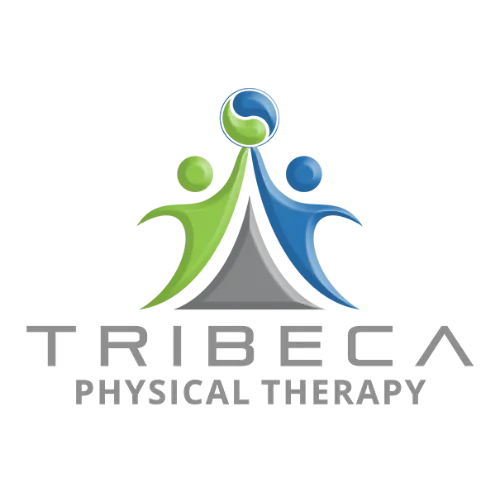How Do Runners Use Therapy?
As it turns out, there’s a growing community of runners who incorporate therapy into their workout regimen. From preventing injuries to training for races, physical therapists can assist all types of runners stay healthy and reach their objectives. Running therapy is a relatively unstudied practice that may offer mental health benefits. Although athletes and individuals prone to self-destructive behavior should not self-administer this therapy, it could provide beneficial effects.
Physical Therapy
Physical therapy is an invaluable asset for runners of all levels, helping to prevent injuries, prepare them for races and recover from them. Physical therapists (PTs) treat a wide range of musculoskeletal issues like knee and hip pain, plantar fasciitis, iliotibial band syndrome, sore calves, stress fractures and more that affect the lower body.
Physical therapists (PTs) also assist runners in developing and maintaining effective training habits. This may include strength and flexibility training, determining the proper load for a runner’s body, as well as devising efficient yet safe running mechanics.
A physical therapist (PT) may suggest footwear, foot exercises, icing techniques and orthopedic shoe inserts that support your feet and legs while running. Utilizing these methods can reduce the risk of injuries while keeping runners healthy for years to come.
Trigger Point Therapy
Trigger Point Therapy is a form of physical therapy often utilized by runners to reduce pain and muscle tightness. A physical therapist applies pressure to release trigger points in the body and utilizes other techniques to restore normal movement, reduce discomfort and enhance function.
Trigger points are knotted areas of muscle that feel tight and rigid. Runners often seek trigger point therapy to relieve pain in their IT bands, calf strains or hamstring injuries.
The therapist applies pressure on the muscle for a designated amount of time and repeatedly until it relaxes. This helps loosen knots in the muscle and increases blood flow, which may reduce inflammation and muscle pain.
The trigger point is located within the fascia, a broad sheath-like fibrous tissue surrounding your muscles, tendons, ligaments, bones and nerves. Fascia is normally elastic but becomes inelastic when injured due to poor posture or repetitive movement.
Cognitive Behavioral Therapy
Running individuals who experience anxiety, depression, stress and other mental health conditions may benefit from therapy. Cognitive behavioral therapists work to identify negative thoughts and beliefs that are contributing to the issue and replace them with healthier attitudes and behaviors.
Cognitive behavioral therapy (CBT) is a widely researched form of treatment and has been shown to be successful for treating various mental disorders. CBT aims at altering thoughts and behaviors in order to alleviate the symptoms associated with depression, anxiety, sleep issues and more.
CBT is considered a beneficial tool for those suffering from addiction. Because CBT encourages individuals to take action and learn new coping techniques, it can give them greater hope and drive towards recovery.
When searching for a therapist, it is essential that you find one whom you feel comfortable and secure with. Consider seeking recommendations from your primary healthcare provider or a friend or family member.
Counseling
Counseling is a form of therapy that encourages individuals to talk about their problems and find solutions. Counseling also assists in creating an action plan for dealing with those issues so that people have something concrete they can follow to move forward.
Counseling can be an excellent tool to promote mental health, as it enables you to express your emotions openly and honestly with a professional. Counseling provides a secure space where one can express feelings like anger, guilt, fear or resentment without judgment or judgement from others.
Sport psychology can help runners enhance their running programs and avoid potential injury hazards. For instance, having a detailed narrative about why you started running in the first place can keep you motivated to keep up with your routine even when training isn’t going as planned.
Runners should also be kind to themselves when they miss a training day or don’t reach their objectives. Remember: progress is always made incrementally, one step at a time.
If you’re experiencing foot and ankle pain or any other issues related to running, don’t hesitate to contact our team of specialists at Tribeca Physical Therapy for assistance.


